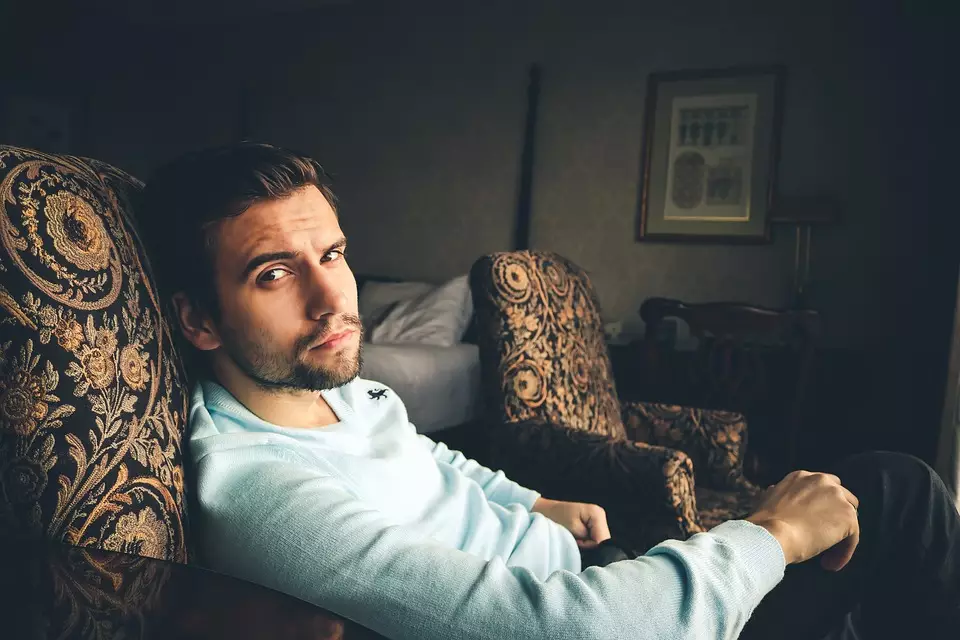Obsessive compulsive disorder, or OCD is a mental health disorder that is often characterized by thoughts that haunt the minds of the people suffering with anxiety and fears. Those thoughts become obsessions regardless of if these fears are are rational or irrational.
These anxieties become elements of life that the person struggling with the disorder ends up obsessing over and in an effort to try to neutralize these thoughts, people with obsessive compulsive disorder create habits or rituals, either consciously or subconsciously. These rituals are created to safeguard against the anxieties or fears that plague the person’s thoughts. The person struggling with obsessive compulsive disorder is compelled to take these actions as if it is a survival mechanism.
Is Stigma The Reason People Suffering From OCD Do Not Seek Treatment?
The media has a tendency to portray people who suffer from obsessive compulsive disorder as a comedy bit or as a villain. Like other mental illnesses the stigma surrounding the the disorder causes it to be represented in t.v. characters and movie roles that are meant to be a form of comic relief. As people who are less educated about these mental illnesses watch these programs and films they see the person suffering with obsessive compulsive disorder as an other, as someone different from them and that is largely because that is the way the character is portrayed. As the character struggles to control their lives by being obsessive about how their space is laid out or the character performs their various, seemingly irrational habits in an effort to calm their torturous anxieties, the audience laughs. If OCD is not portrayed as a joke, OCD might be woven into a story by being a disorder that the villain is afflicted by.

Treatment For Dual Diagnosis at South Florida Detox and South Florida Drug Rehab Facilities
1st Step Behavioral Health offers comprehensive dual diagnosis treatment at their substance abuse treatment Florida facilities. 1st Step employs a dedicated team of licensed medical professionals and qualified therapists to create a safe environment where a patient can feel confident in their medical detox and rehabilitation, knowing that their dual diagnosis will be uniquely taken into account and each disorder will be treated simultaneously. Call today to learn more about what your personal recovery plan could look like at 1st Step.
Jump to a Section
Call (855) 425-4846
